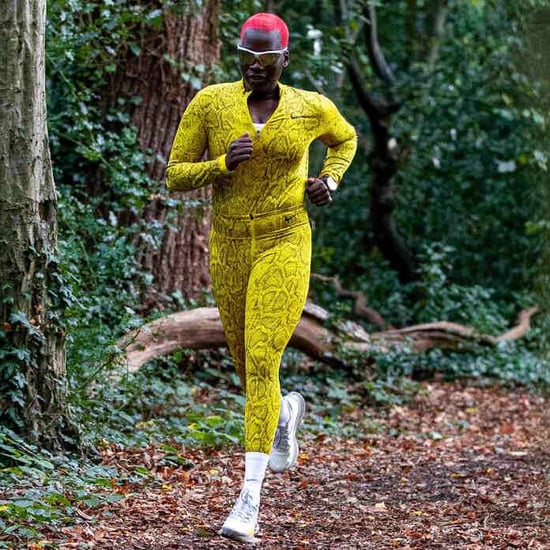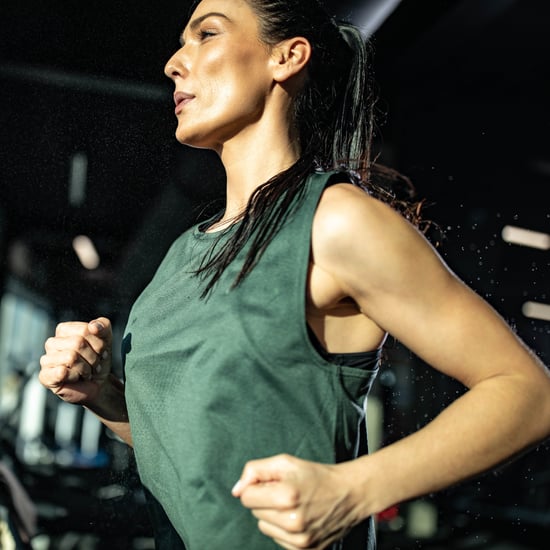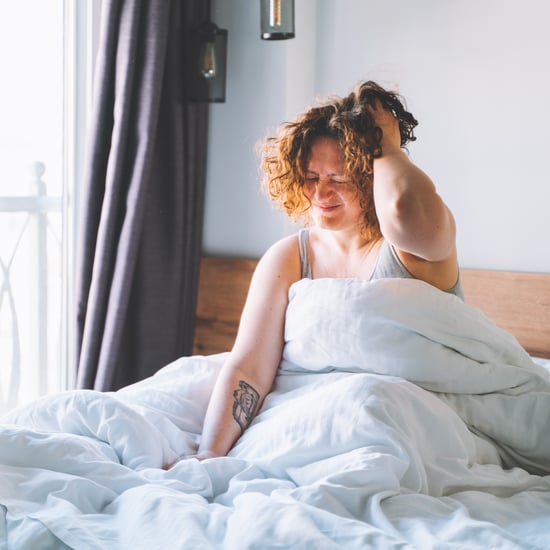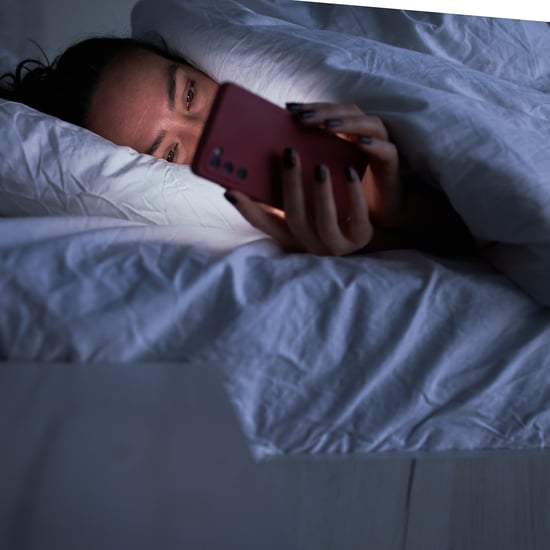How to Run Outside With Seasonal Allergies
It's Officially Spring — Before You Go For a Run Outside, Take These Allergists' Advice

If you live in a part of the country that experiences heavy snow and frigid Winter temperatures, you've probably been counting down the days until Spring would arrive in all its flowery glory. But the second you step outside for a run, you're met with another reality. With those sunny days come seasonal allergies — symptoms that are only made worse when you're huffing and puffing through a thick haze of pollen.
Fortunately, there are ways to work around it. "Pollen counts are typically higher in the morning, from 5 to 10 a.m., so waiting until the afternoon and evening may be more helpful to reduce exposure," David Erstein, MD, a board-certified allergist and immunologist in New York City, told POPSUGAR. You can also check the pollen count in your area with a quick google search and limit your time outside on days when allergens are most severe.
"It's also helpful to avoid running on windy days as the pollens tend to be whisked around and can affect a sufferer more," Dr. Erstein said. "You may find more relief running after a good rain shower which helps to wash away the pollens suspended in the air."
If antihistamines help to relieve your symptoms, you can also try taking one up to an hour before your run to alleviate any discomfort you'd feel during your workout, Lakiea Wright, MD, a board-certified physician in internal medicine and allergy and immunology at Brigham and Women's Hospital and the medical director at Thermo Fisher Scientific in Boston, told POPSUGAR.
Running with eyewear such as sunglasses can also help prevent itchy, watery eyes, and if you're up for it, a mask or bandana over your nose and mouth can limit the amount of pollen that makes its way into your respiratory passages.
Finally, be sure to change out of your workout clothes and shower as soon as you get home from a run. Pollen sticks to you, only prolonging your exposure to allergens, Dr. Erstein explained — just one reason allergy symptoms tend to worsen at night.







